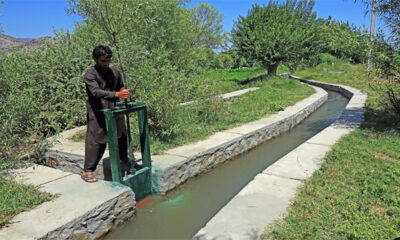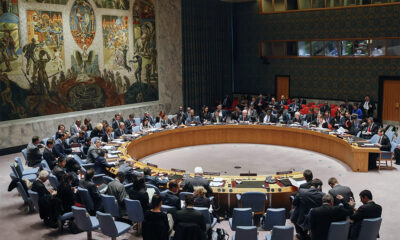Health
Kunduz steps up vaccine campaign, urges residents to get jabbed
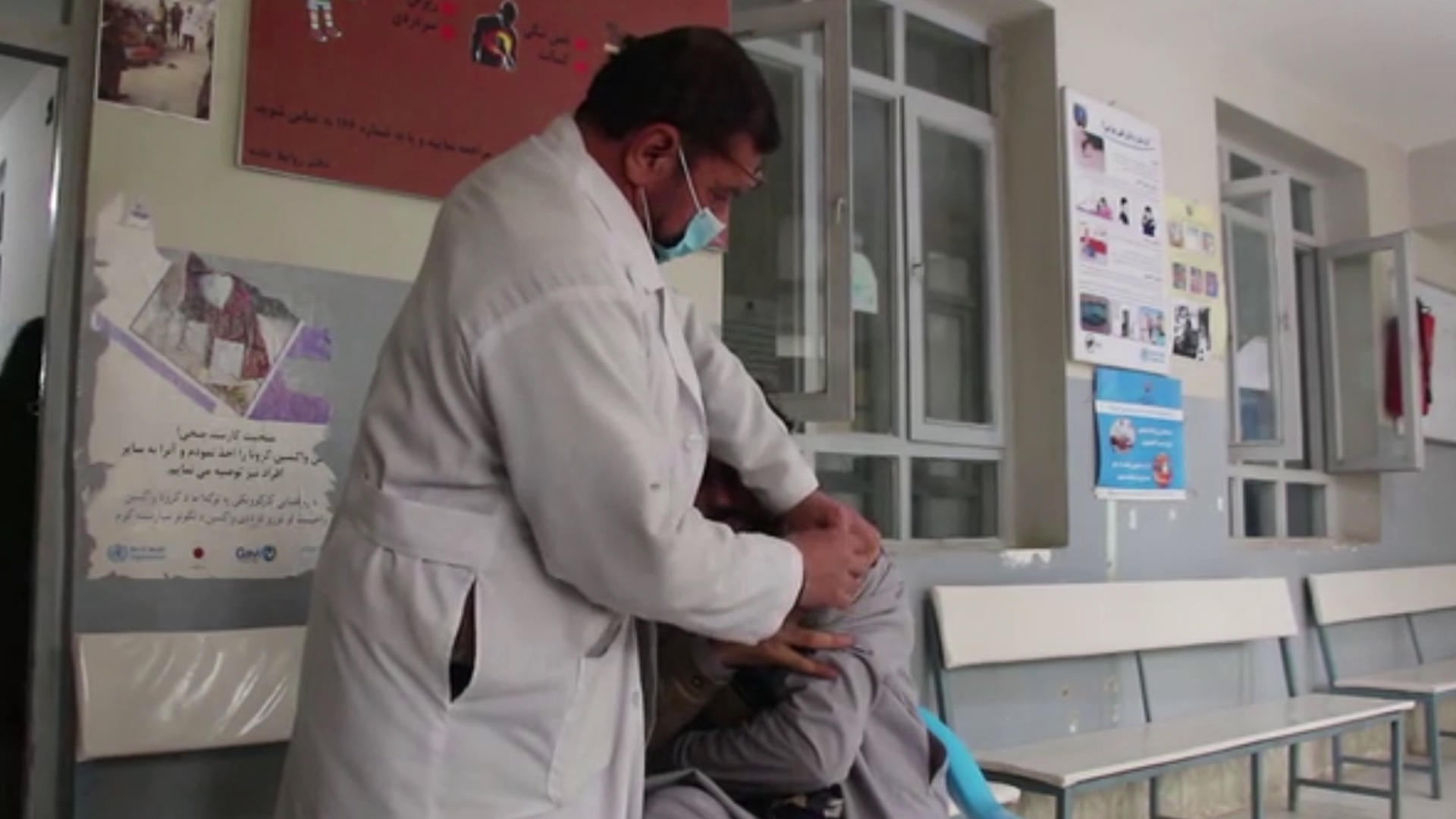
Eighty thousand people in Kunduz have received the COVID-19 vaccine in the past six months, officials confirmed Friday.
Health officials in Kunduz province say that since the new government came in to power, 80,000 people in the provincial capital and districts have received the vaccine.
“More than 80,000 people received the vaccine in Kunduz. We call on the other compatriots to get the [COVID-19] vaccine,” said Qari Mohammad Anwar Bashir, head of Kunduz public health directorate.
“We have vaccinated more than 80,000 of the males and females [in Kunduz]. We have sites in the city and districts,” said Jamshid Sarwari, an official from Kunduz district hospital.
According to the officials, this shows an increase of 20 percent of vaccinations against the previous six months.
However, officials at the COVID-19 treatment hospital in Kunduz say that in the past three days, out of 175 corona specimens tested, 35 have been reported to have signs of a mutation or Omicron variant.
The director of public health in Kunduz also confirmed that more than 80,000 people have received the vaccine in the past six months.
He called on Kunduz residents to get vaccinated in order to prevent a fourth wave of the virus.
Meanwhile, vaccinators at the Kunduz District Hospital, are optimistic that people are willing to get vaccinated.
“More people are coming. People understand about the value of the vaccine. The people who received vaccines are safe and healthy,” said Sayed Mehran Hashimi, a vaccinator.
On the other hand, doctors at the COVID-19 Hospital in Kunduz report an increase in the number of positive cases in recent days, and say that the lack of diagnostic kits for mutations has made it difficult for them to diagnose the variant.
Health
Majority of Afghans with mental disorders are women: officials

Based on last year’s data, 52 percent of people with mental disorders in Afghanistan are women, the Ministry of Public Health said.
However, after the Islamic Emirate took over the country and with the improvement of nationwide security and the provision of better health services, mental disorders have decreased, the ministry said.
“Overall, the mental security of men and women in Afghanistan is not ensured and their mental security is disturbed. According to the figures shared with us, in 2023, 52 percent of the visitors for mental disorders were women,” said Sharaft Zaman Amarkhil, the spokesperson of the Ministry of Public Health.
“Generally speaking, we can say that compared to the past, the instances of mental illnesses have decreased,” he added.
People suffering mental disorders mostly refuse to share their problem, willingly or unwillingly.
“There are many problems at home; We are poor. I finished school, but didn’t find any job,” Ansar, a mentally ill person, said.
According to the World Health Organization (WHO), half of Afghanistan’s population suffers from mental distress.
Factors such as unemployment, poverty, domestic violence, ban on girls’ and women’s education and work, and drugs are said to be key contributors to mental distress.
Health
Over 1 million women in Afghanistan malnourished last year: WFP
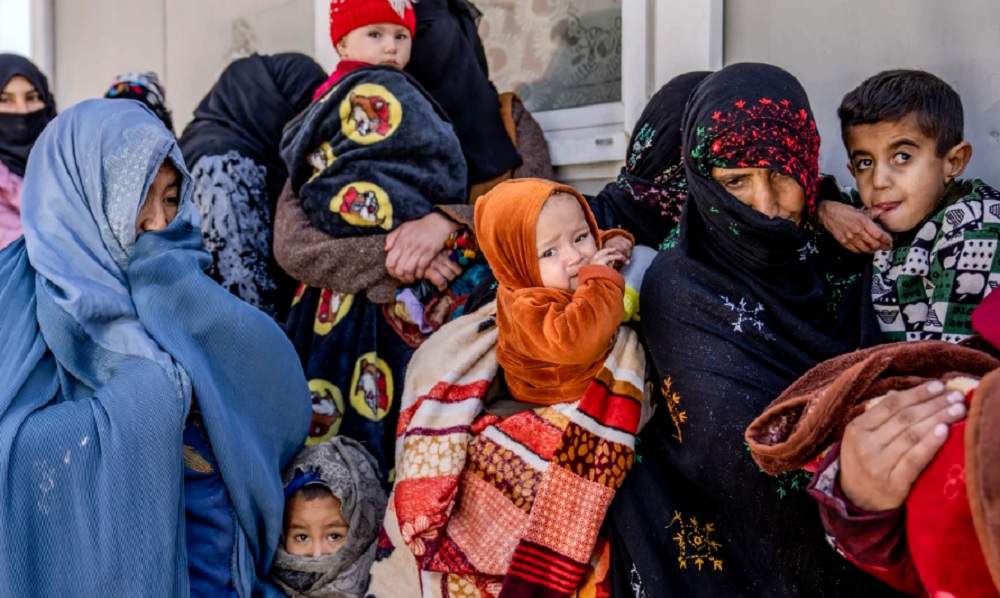
A total of 1.2 million women in Afghanistan were malnourished last year, the U.N. World Food Programme (WFP) said on Thursday.
Mona Shaikh, head of nutrition at WFP Afghanistan, said that the number of malnourished women is expected to increase this year.
On malnourished children, she said that their number will reach 3 million this year, but WFP will be able to assist only 1.6 million of them.
WFP warned that after foreign assistance cuts last year, it saw a rise in children’s admissions to malnutrition clinics in Afghanistan.
More than 23 million people are in need of humanitarian assistance in Afghanistan this year, according to the United Nations. Over half of them are children.
Health
Public Health minister meets with head of the UN refugees agency
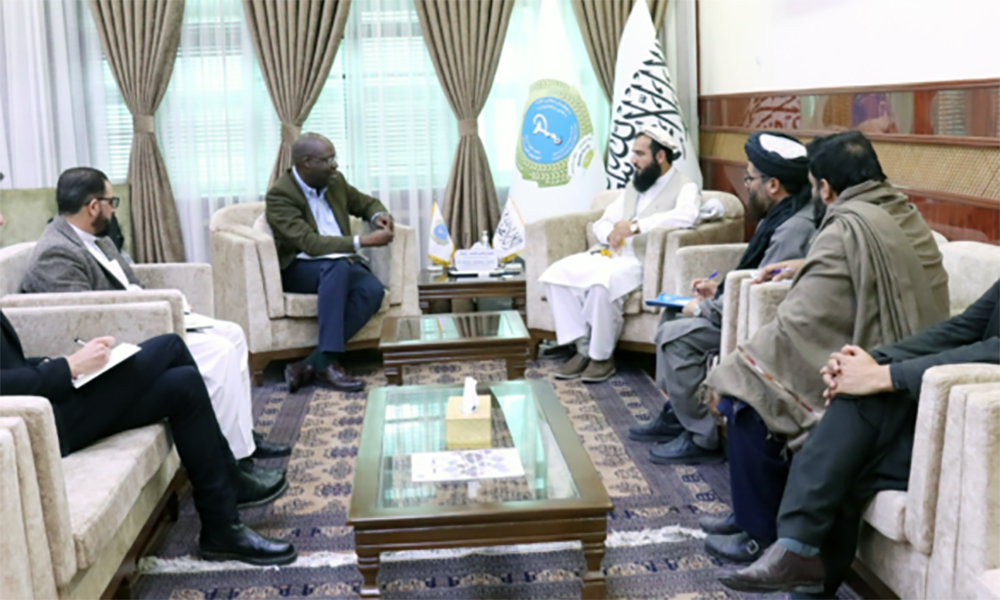
Dr. Qalandar Ebad, the Minister of Public Health met with Leonard Zulu, the head of the United Nations High Commissioner for Refugees, on Thursday in Kabul to discuss issues facing the health sector in the country.
Among the issues discussed was that of the establishment of new health centers for returnees in the country.
Ebad said the provision of better health services for compatriots and returnees was one of his priorities and requested the cooperation of this organization in this field.
Leonard Zulu assured Ebad of the organization’s continued cooperation.
-

 Sport4 days ago
Sport4 days agoACL draw to be broadcast live on ATN channels
-

 Regional4 days ago
Regional4 days agoIRGC chief warns of harsher response if Israel attacks Iran
-

 Regional4 days ago
Regional4 days agoIran launches retaliatory attack on Israel with hundreds of drones, missiles
-

 Sport3 days ago
Sport3 days agoACL fever grows as fixtures finalized
-

 Latest News4 days ago
Latest News4 days agoContact group on Afghanistan hits roadblock over Pakistan’s gripe with India
-

 Sport4 days ago
Sport4 days agoHetmyer powers Rajasthan win in low-scoring IPL thriller
-

 World4 days ago
World4 days agoUN Security Council to meet Sunday on Iran attack
-

 World3 days ago
World3 days agoUS will not take part in any Israeli retaliatory action against Iran








